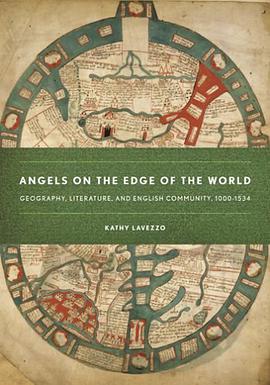

具体描述
Did the New Deal represent the true American way or was it an aberration that would last only until the old order could reassert itself? This original and thoughtful study tells the story of the New Deal, explains its origins, and assesses its legacy. Alan Lawson explores how the circumstances of the Great Depression and the distinctive leadership of Franklin D. Roosevelt combined to bring about unprecedented economic and policy reform. Challenging conventional wisdom, he argues that the New Deal was not an improvised response to an unexpected crisis, but the realization of a unique opportunity to put into practice Roosevelt's long-developed progressive thought. Lawson focuses on where the impetus and plans for the New Deal originated, how Roosevelt and those closest to him sought to fashion a cooperative commonwealth, and what happened when the impulse for collective unity was thwarted. He describes the impact of the Great Depression on the prevailing system and traces the fortunes of several major social sectors as the drive to create a cohesive plan for reconstruction unfolded. He continues the story of these main sectors through the last half of the 1930s and traces their legacy down to the present as crucial challenges to the New Deal have arisen. Drawing from a wide variety of scholarly texts, records of the Roosevelt administration, Depression-era newspapers and periodicals, and biographies and reflections of the New Dealers, Lawson offers a comprehensive conceptual base for a crucial aspect of American history.
作者简介
目录信息
读后感
评分
评分
评分
评分
用户评价
相关图书
本站所有内容均为互联网搜索引擎提供的公开搜索信息,本站不存储任何数据与内容,任何内容与数据均与本站无关,如有需要请联系相关搜索引擎包括但不限于百度,google,bing,sogou 等
© 2025 book.wenda123.org All Rights Reserved. 图书目录大全 版权所有




















